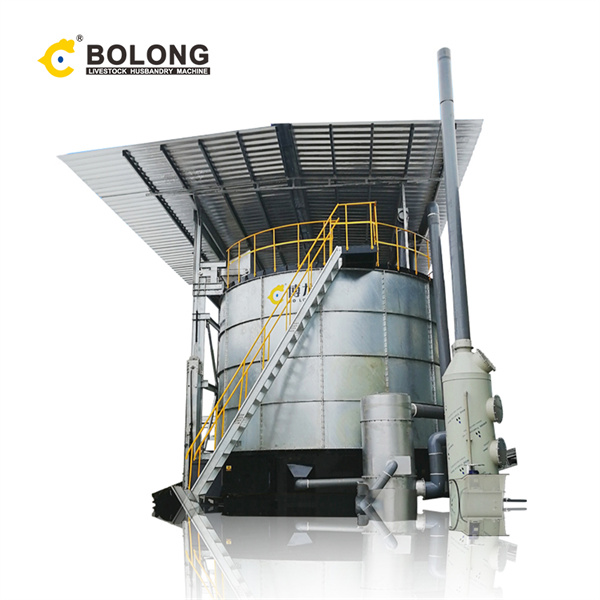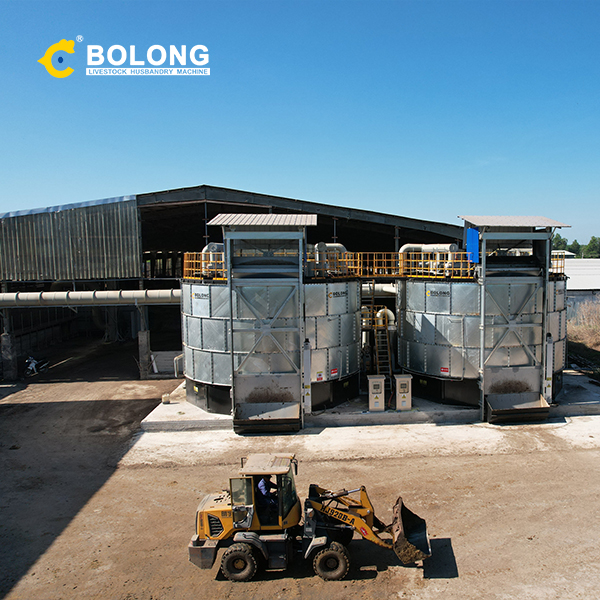The Role of Fermentation Tanks in Waste Diversion Strategies
Introduction
Waste diversion strategies aim to reduce the amount of waste sent to landfills. Fermentation tanks play a vital role in these strategies by converting organic waste into compost, supporting waste reduction goals.

Importance of Waste Diversion
Diverting waste from landfills reduces environmental impact, conserves resources, and supports sustainability. Effective waste diversion requires efficient methods for processing and recycling waste.
Contribution of Fermentation Tanks
Fermentation tanks process organic waste through aerobic fermentation, producing compost that can be used in agriculture and landscaping. This diverts a significant portion of waste from landfills.
Benefits to Waste Management
Using fermentation tanks in waste diversion strategies reduces landfill use, lowers greenhouse gas emissions, and produces valuable compost. This supports sustainable waste management and resource conservation.

Conclusion
Fermentation tanks are a key component of waste diversion strategies. By converting organic waste into compost, they support waste reduction and sustainability goals.